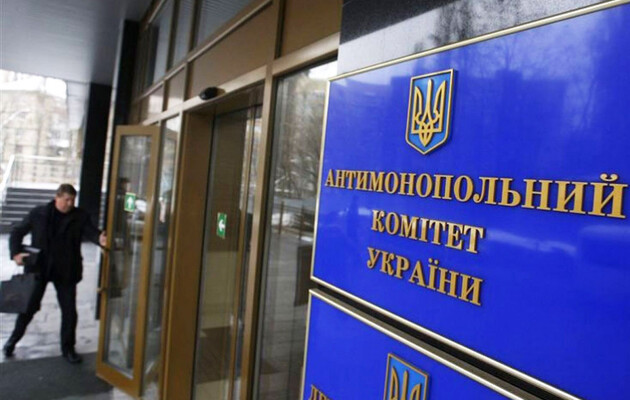Kiev. Ukraine. Ukraine Gate – January 11, 2021 – Economy
Over the past eight years, only three Leniency entrepreneurs have voluntarily told the AMCU about their participation in the cartel to be released from punishment. This is the lowest figure among developed countries. In Ukraine, this program does not work due to regulatory shortcomings and inefficiency of the AMCU itself.
Under the Leniency program, a cartel member will voluntarily tell the competition authority about the cartel and receive a full exemption from liability.
Considering the inevitability of punishment for cartel collusion and significant sanctions that can be imposed for such a violation, for example, by the European Commission in the European Union or the Federal Trade Commission in the United States, the “confession” is justified and business often uses it. Almost all cartels caught by competition authorities in developed countries were punished precisely thanks to Leniency (for example, more than 80% of cartel cases were investigated by the European Commission using evidence provided under the Leniency program, https://cutt.ly/pjdh8In).
In Ukraine, a similar program was normatively fixed back in 2012. The order defines the procedure for submitting an application, requirements for information that must be provided ( https://cutt.ly/UjeMh1L ). But unlike successful world programs, it has not yet found practical application in Ukraine.
Read also : http://Quarantine Money Is not Imposed on Everyone!
So, according to the AMCU (links to answer 342-III of 12/11/2020), only three entrepreneurs have applied to the department for exemption from liability since 2012. At the same time, the entrepreneur himself withdrew one of the statements.
Which companies applied for the “mercy” of the department, in what cases it was and in what year, the AMCU did not report this in its response, referring to the confidentiality of information. This approach is quite correct, because not disclosing information about the fact of treatment is an integral part of the success of the program.
As for the reasons for the inefficiency of Leniency in Ukraine, they are different:
distrust of society and business to state bodies, primarily those controlling the AMCU itself;
lack of explanatory work on the part of the Antimonopoly Committee about the work of the program and its popularization among businesses;
businessmen have doubts about the ability of the AMCU to keep the secret of circulation;
national foundations, because it is not customary for us to “complain” about “partners in violation” and informants are still called “informers”;
the duration of the AMCU’s investigation, corruption and political dependence of the department, raises doubts among entrepreneurs about the department’s ability to complete the case;
regulatory gaps in the regulation of the program, including in terms of compensation for harm, when a company, using the capabilities of the program, may subsequently subject itself to claims from victims for compensation for damages in double size;
NOT a serious approach of the department itself to the use of this program, because from July 2019 to October 2020 (15 months) on the AMCU website there was no information about the authority of another person to perform the functions of the “Linens Commissioner”, whose functions, according to open information, were previously performed by the first deputy the head of the AMCU M. Nizhnik;
failure to ensure the principle of inevitability of punishment, insignificant fines, a long process of their recovery and the opportunity to “buy” a victory in court, which reduces the fear of cartelists from the AMCU and does not motivate them to come with a “confession” and others.
For eight years, no significant changes have been made to the regulatory or practical aspects of using the Leniency program, although there was talk about it and attempts to improve it from everywhere, even from the AMCU. The proposed draft law department “On Amendments to Some Laws of Ukraine on the reform of the economic competition protection legislation» (https://cutt.ly/xjdpBk0) changes in “reviving» «Leniency» program in Ukraine as a whole was positive and to some extent concretized the procedure for entrepreneurs’ appeal for exemption from liability, but were never enshrined at the legislative level.
And while Ukraine is only trying to change legislation to enable effective and quick investigations of serious and dangerous violations in the field of competition, individual countries, for example, the United Kingdom, are once again improving programs for exemption from liability, allowing even individuals to anonymously report cartel, and the European Commission and competition authorities of the EU member states cooperate with each other through the European Competition Network (ECN), which creates an effective mechanism to counter companies that conduct cross-border practices of restricting competition.







